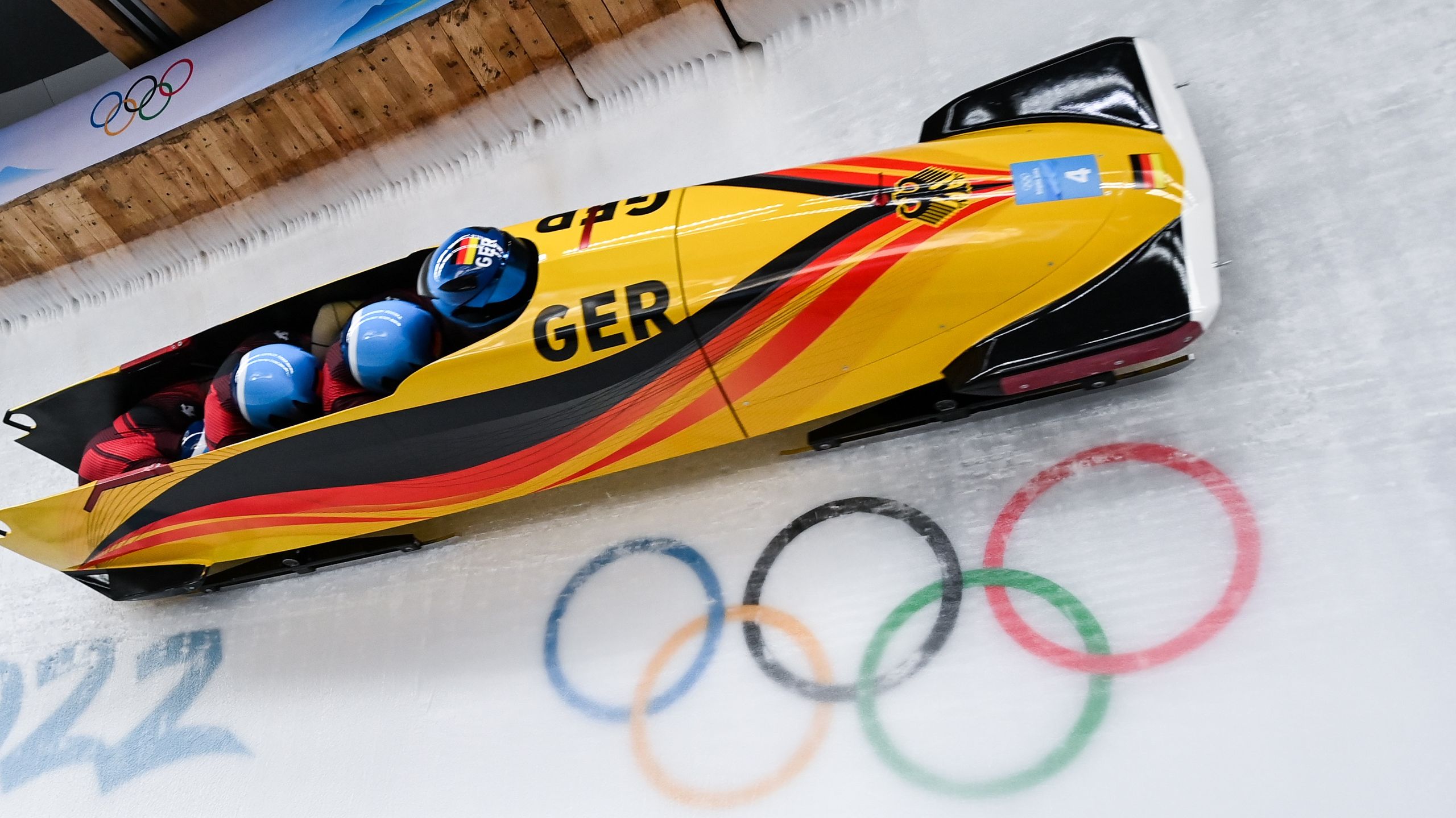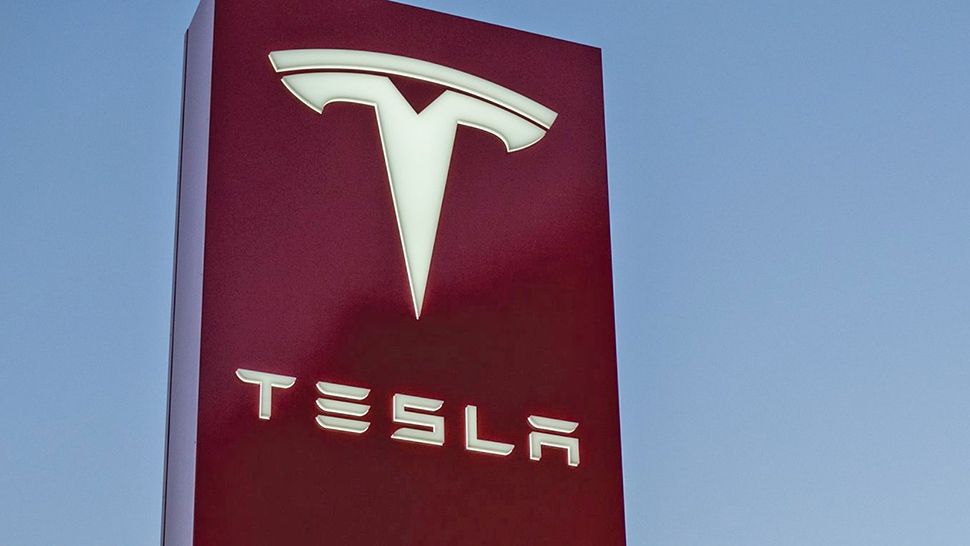Xiaomi shocked the world when it revealed its first electric vehicle earlier this year, claiming it had achieved over 75,000 sales in the first 28 days, making it one of the most anticipated cars in China (and beyond) of 2024.
Now, the tech company is hoping to make headlines once again with the unveiling of a three-motor prototype that could become one of the fastest electric vehicles on sale — if it ever goes on sale, that is.
Currently, the standard SU7 model is rear-wheel drive and comes equipped with a 74 kWh battery that can go around 434 miles on a single charge. It can accelerate from 0 to 62 mph in a respectable 5.3 seconds.
See in the
There's also a Max version on sale in China with a larger 101kWh battery, two motors, and an estimated 0-62mph time of 2.8 seconds. To achieve almost twice the power of the Max, Xiaomi has equipped the SU7 Ultra with three motors.
Two of these are larger, reworked versions of their existing technology, and are now called V8S, while one of the original, smaller V6S units is also in place.
There's no official word on the battery packs, but it's suggested it draws power from the same 101kWh unit as the Max. The result is a race-ready vehicle that develops around 1,526bhp and can accelerate to a top speed of 217mph.
Clearly designed for the track, Xiaomi says the SU7 Ultra gets six-piston AP Racing calipers and huge ventilated discs that, when combined with enhanced regenerative braking, deliver up to 2.36G of stopping power.

There are also telltale changes to the bodywork, including wider wheel arches, a massive rear spoiler (for added downforce) and a much lower ride height to improve handling and aerodynamics.
Slides released by the brand indicate it is targeting a weight of 1,900kg, which it says will be lighter than a Porsche Taycan Turbo GT and a Tesla Model S Plaid, two high-performance EVs it is clearly referencing.
Xiaomi CEO Lei Jun posted on X that the SU7 Ultra prototype will be racing at the iconic Nürburgring Nordschleife later this year, where the company is expected to attempt to surpass the records set by the aforementioned Taycan Turbo GT.
Prototype or real product?

The Xiaomi SU7 is a real bargain as far as EVs go in the domestic market, costing 215,900 yuan (or around $30,500/£23,000/AU$45,000) for the standard version when it went on sale earlier this year.
Designed to compete with the Porsche Taycan and Tesla Model S, the SU7 has been a success according to its maker, but to date there have been no suggestions that it will expand its operations outside of China.
The fact that the company is coming to one of Europe's most famous racing circuits with a high-performance Halo model could indicate its intentions to try and rival some of the most advanced Western EV makers.
This could also suggest that it plans to attract the attention of European buyers and, encouraged by the recent European sales successes of its Chinese colleague BYD, try to enter a new market.









